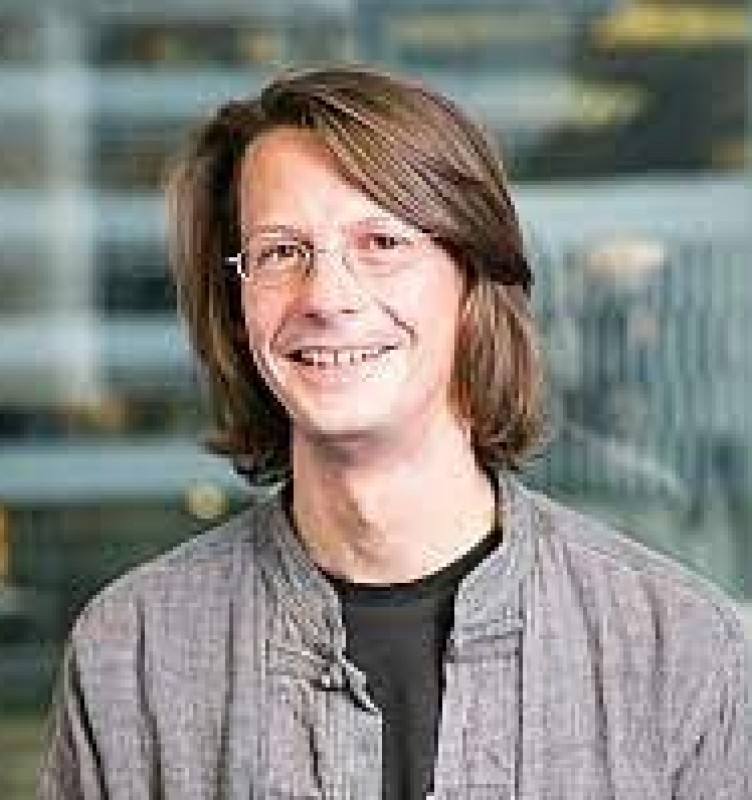News Details

Register in advance for this meeting:
https://us02web.zoom.us/meeting/register/tZYvd-2orjwrGdP7Ll_NV46KhWLoR2l7t1u7
After registering, you will receive a confirmation email containing information about joining the meeting.
Topic description / abstract
The subject of the presentation is the discussion of evolutionary political economy as a distinct research programme. Evolutionary political economy follows two central goals: (1) to investigate and understand the endogenous dynamics of capitalist development in space and time, with its social-ecological implications, and (2) to shape the future of societal evolution on behalf of (1). Two distinct but interrelated processes shape political economic evolution simultaneously. There is a rather continuous process of variational change and growth, representing the more quickly dynamics of the circular flow, and a slower process of development carrying the contradictory motive forces of change which are tending towards disruptive transformation. The evolution of political economy unfolds as a stepwise sequence thereby. Traditionally, evolutionary economics has focused more on the former variational process by introducing e.g. population dynamics and related concepts into theories and models. The second transformational process is far more underrepresented in the literature, giving the occasion to develop an extended research programme, simply called evolutionary political economy. Theoretically, this work builds upon Marx, Schumpeter, Veblen and Georgescu-Roegen, understood as core thinkers of transformation with regard to the spatio-temporality of capitalist development. Otherwise, evolutionary political economy takes use of disaggregated simulation methods to communicate its ideas and findings to a larger community. In particular, the application of agent-based macroeconomic models is discussed, in exposing the interrelated dynamics of variation and transformation.
Biographical note
Manuel Scholz-Wäckerle is a senior lecturer at the Vienna University of Economics and Business (WU) at the Department of Socioeconomics. He obtained a doctorate in the social and economic sciences from the Technical University of Vienna in 2010. His main research areas involve evolutionary political economy, institutional economics, social-ecological transformation and agent-based modelling (micro-meso-macro).

